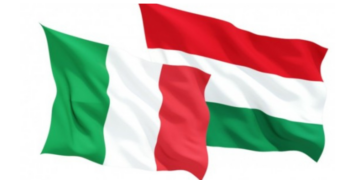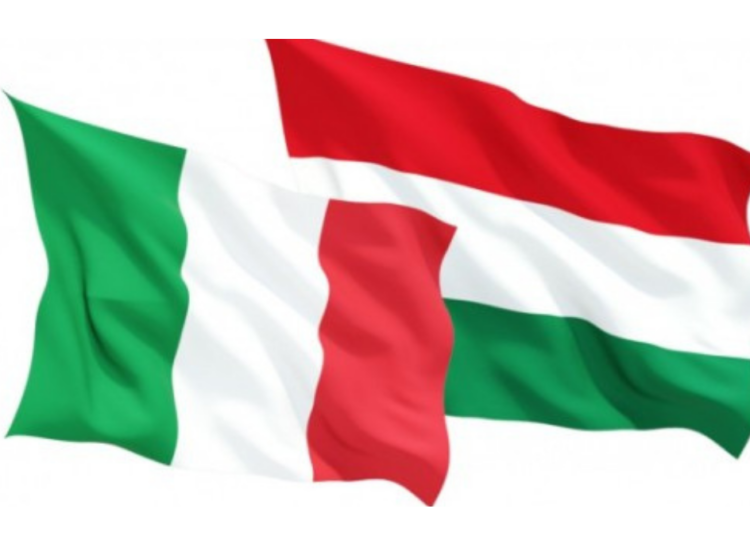The law, adopted by the Hungarian Parliament in June 2021, “prohibits or restricts access to content that propagates or portrays so-called divergence from personal identity corresponding to sex at birth, sex change, or homosexuality for children under the age of 18.” Ursula von der Leyen called the law “a disgrace” because, according to the European Commission, it violates European values and the fundamental rights of individuals, particularly LGBTIQ+ people. For this reason, the EU executive immediately initiated infringement proceedings as early as July 2021. A year later, in the absence of any steps back by Hungarian President Viktor Orban, it decided to trigger a referral to the EU Court of Justice.
The governments had until April 7 to join the lawsuit, and fifteen have decided to join the Commission, which will allow them to formally present indictment arguments. Among the prosecution benches, however, will not sit the Italian government, which has recently been officially condemned by the European Parliament for its decision to stop registering the children of same-sex couples and for “attacks against the LGBTIQ+ community.”
The media have widely reported the news that fifteen EU countries have appealed against a recent law enacted in Hungary that is described as being opposed to LGBT minority rights: France, Germany, Belgium, Luxembourg, the Netherlands, Spain, Portugal, Denmark, Ireland, Malta, Austria, Finland, Sweden, Slovenia, and Greece. Italy is not there, neither are Poland, Romania, Bulgaria, Cyprus, Croatia, Estonia, Latvia, Lithuania, Czech Republic and Slovakia.




















Discussion about this post